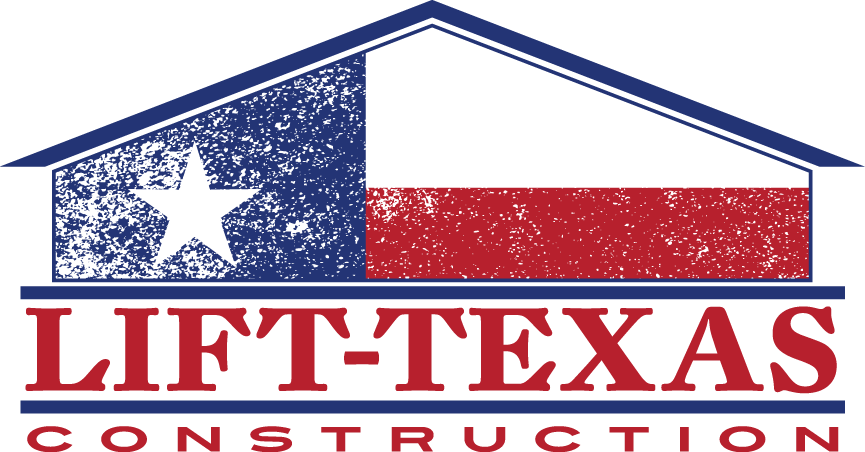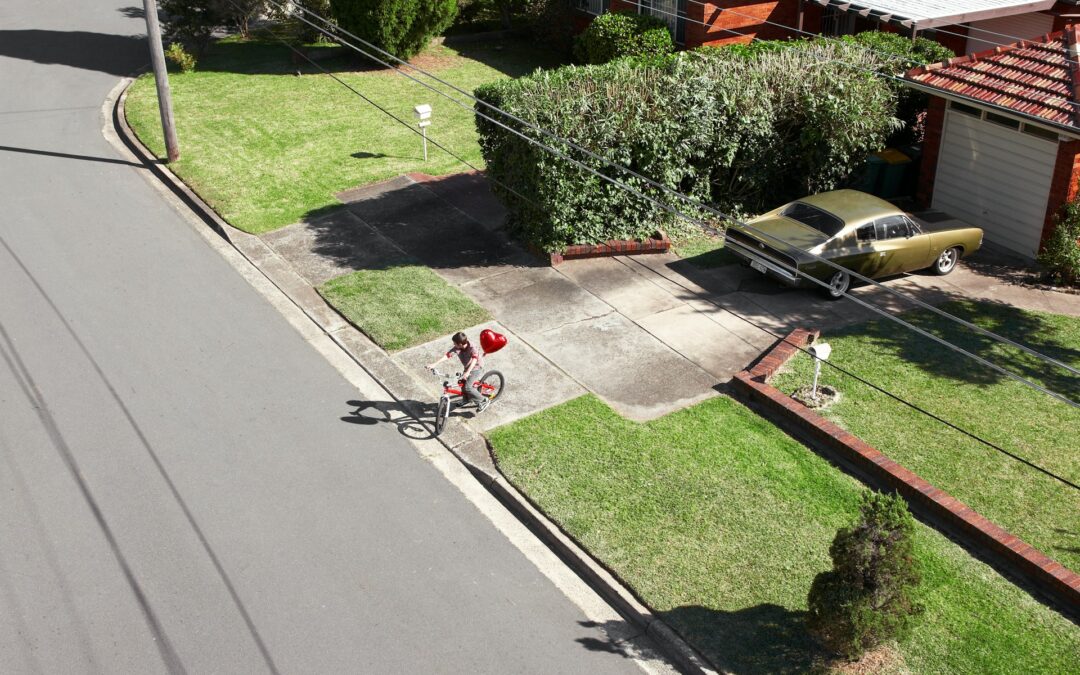A properly sloped driveway is more important than many homeowners realize. When the slope isn’t right, it can lead to significant water damage. This isn’t just about a few puddles here and there—serious issues can develop, affecting your home’s foundation and the surrounding landscape. After a heavy rainstorm, water doesn’t flow away from your property as it should. Instead, it collects, causing potential damage not only to the driveway itself but also to the entire exterior of your home. Addressing slope problems early can help prevent the need for costly repairs.
Ignoring a driveway with improper slope can quickly become an expensive mistake. Water tends to find its way into cracks and crevices, expanding them and worsening existing problems. Over time, this can lead to a host of repair issues. And when water damage takes hold, it doesn’t just stop at the surface. Correcting slope issues as soon as they’re detected is crucial in maintaining the integrity and appearance of your property.
Signs Your Driveway Slope Might Be Causing Water Damage
Recognizing the signs of an improperly sloped driveway can save you from dealing with more extensive damage later on. Here are some key indicators to watch for:
- Puddles and Pooling Water: If you notice water collecting on or near your driveway for extended periods, it’s a clear sign of improper slope. Water should naturally flow away from your house. When it collects, that’s a red flag that your driveway isn’t directing water correctly.
- Foundation Damage: Water damage can extend beyond the driveway to impact your home’s foundation. Keep an eye out for any damp spots or signs of water pooling near the foundation, which can lead to structural problems over time.
- Soil Erosion: Water runoff can lead to soil erosion near your driveway. This occurs when excess water washes away soil, potentially destabilizing the driveway and the surrounding ground. Look for signs like exposed roots or uneven ground near the driveway.
- Cracks in the Driveway: Check for cracks within the concrete. Water can seep into these cracks and cause them to widen. Over time, these minor cracks can turn into significant faults that worsen due to the freeze and thaw cycles.
Addressing these signs promptly minimizes the risk of larger, more costly repairs. Regular inspections of your driveway and surrounding areas can help catch these issues early. If you suspect your driveway might have slope issues leading to water damage, it’s wise to seek a professional assessment. Doing so ensures the longevity and safety of your home and its surroundings.
Assessing the Driveway Slope
Knowing how to evaluate the slope of your driveway can help nip potential problems in the bud. Start by walking along your driveway after it rains. This gives you a chance to see if water is pooling or running off properly. If you spot puddles that remain long after the rain has stopped, it might be time to look closer at your driveway’s slope.
There are a few simple tools you can use to check the slope. For instance, grab a level and a long, straight board. Place the board on the driveway surface, lay the level on top, and check the bubble to ensure the board is level. This straightforward method helps identify any dips or imperfections in the slope. If you see areas that seem off, it might indicate uneven grading or settling.
Though it’s possible to do an initial assessment on your own, consider calling in a professional for a deeper evaluation. Experts can spot issues that might be overlooked. They also offer a more thorough inspection, checking things like sub-surface conditions and drainage capabilities. Having the right knowledge and tools ensures that any potential hazards related to the slope of your driveway are accurately detected.
Solutions to Fix Driveway Slope Issues
Tackling driveway slope problems can involve a few strategies. One common fix is resurfacing and leveling, which means adding new material to even out the slope. This might involve using asphalt or concrete to fill in low spots and correct the angle, allowing water to flow away smoothly.
For areas where water pooling is a persistent issue, drainage systems can be a lifesaver. Installing a French drain, for example, helps channel water away efficiently. These systems work by collecting water through a series of underground pipes, guiding it to areas where it can naturally disperse without causing harm.
Sometimes, the solution is to carry out more extensive repair methods. This could include removing and re-pouring sections of the driveway to ensure proper grading. Professionals can employ various methods to address both the surface and foundation to ensure the slope allows for proper drainage, thus protecting the entire property.
Preventing Future Water Damage
Preventing water damage before it starts is all about regular maintenance. Keep your driveway clean and clear of debris to allow water to flow freely. Regularly check for signs of wear and tear so you can spot and fix small issues before they grow into significant problems.
Landscaping can also play a big role in protecting your driveway. Consider planting vegetation that can absorb excess water or building small retaining walls to direct water flow. A well-planned landscape can work as a natural defense against water pooling and erosion.
Seasonal care is important, especially in the DFW area, where weather can vary. In dry months, make sure to water your garden strategically to prevent soil from drying out and causing shifts. During rainy seasons, regularly inspect your driveway and surrounding areas for any signs of water damage.
Keep Your Driveway in Check
Ensuring your driveway is correctly sloped and well-maintained is more than just about appearances; it’s about protecting your home and wallet from potential water damage. By understanding the telltale signs and taking the right steps to address issues, homeowners can prevent costly repairs in the future.
Regular checks and proper landscaping are key in maintaining a safe and functional driveway. With the right approach, you can rest easy knowing that your home is safeguarded against the pitfalls of a poorly sloped driveway.
Protect your home from potential water damage by ensuring proper slope and maintenance of your driveway. If you’ve noticed signs of trouble, such as puddles or cracks, it might be time to address the issue. Discover effective driveway leveling solutions with Lift-Texas Construction and ensure your driveway is safe and sound for years to come. Reach out to us today for more information or to schedule a professional evaluation.

